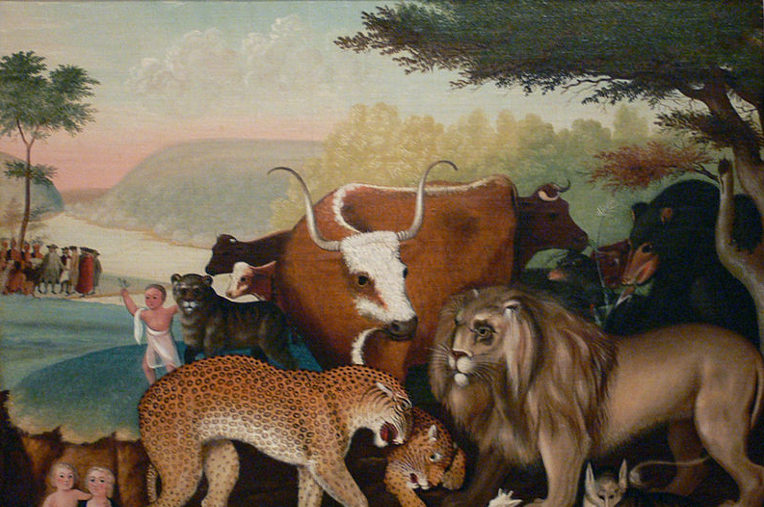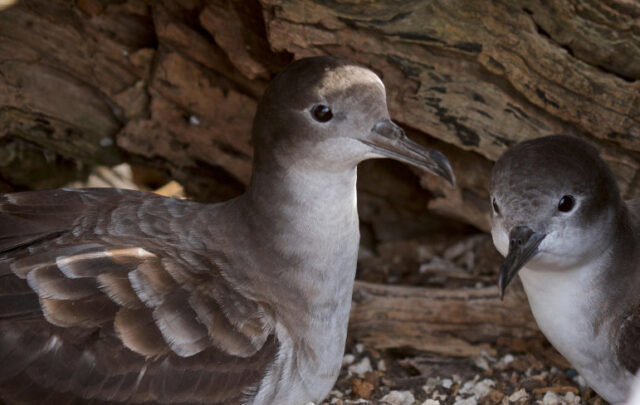French philosopher Bruno Latour died earlier this month at age 75. Those who are regular readers will know that he deeply influenced my thinking and honed my perceptive abilities. He was trained as an anthropologist and has been variously described a “science studies” scholar, a philosopher of science, a sociologist and just a plain old philosopher.
Of the many insights I absorbed from his work I mention four here which have been explicit or implicit in my regular pieces over the last 20 years. They are as follows:
1. Nature and culture are not two things; they are one. In his book We Have Never Been Modern Latour adopts the rather clumsy construction of “nature-culture.” But such a lens enabled him to see that every era has had a nature-culture and that our “scientific” culture was not different in kind from societies of the past. These societies always had systems for understanding nature which were used by culture to integrate with the natural world. These societies were not “primitive” in the sense that they had no “science.” They had what we would regard as a less sophisticated science. The discarding of the past, however, has left us poorer for we have thrown out the useful along with the outmoded—particularly some useful ways of seeing the world around us wholistically.
2. Facts require champions. I have worked with political candidates, and it never ceases to amaze me how many of them believe that the legal maxim res ipse loquitur (meaning “the thing speaks for itself”) somehow applies to political campaigns. It does not. In an age devoid of what I would call an epistemological consensus—that is, a consensus about how we know what we know—it is more important than ever to recognize that information or scientific findings do not pass into the realm of fact unless there is considerable political and social support for them.
We must persuade others that those things which seem obvious to us and are therefore simply facts are indeed facts. To do this we must understand the epistemological systems of those who disagree with us and see where we can find a way to communicate on common pathways. Latour’s treatise on Louis Pasteur, The Pasteurization of France, is probably his most comprehensive treatment of this issue. The idea that microbes can cause disease was not self-evident to Pasteur’s audience and he had to work to persuade them. Lest you believe that the matter is completely settled, here is a sample of the ongoing debate about whether Pasteur was right.
It is worth noting that corporations understand Pasteur’s methods even if they have not read about them. Corporations engaged in “scientific research”—they are actually engaged almost exclusively in engineering and applied science—spend enormous sums to promote their inventions and to convince the public that anyone who criticizes those inventions is “unscientific.” Genetically engineered crops come to mind. (For a discussion of the reasons our complex society is vulnerable to such manipulation, see my 2010 piece, “The bottleneck century.”)
3. Nature sits in the middle of our politics. We humans would like to believe that we can control nature and make it bend to our will. But one need only read the news each day (and especially now) to know that we cannot. Instead, we conform to patterns that we have dubbed natural laws. We make human laws about food, water, energy sources such as oil and natural gas, public health, and many technical matters based on our understanding of those natural laws. The idea that we are excluding the natural world from a place at the negotiating table is nonsense. Nature is there and often mute because it has few champions thinking about how its priorities affect our survivability.
By the way, nature doesn’t negotiate; it only responds to what we do. How much better our policies might be if we could somehow synthesize a voice for nature that we could understand. Nascent efforts are underway to embed “rights of nature” in our culture and to have specialists who understand the natural world speak for it. Perhaps the largest group organized in this way speaks about climate.
Latour’s The Politics of Nature provides a detailed survey of this idea. In later years Latour began to believe that we can no longer find a consensus through politics and therefore are hindered in implementing policies to address the way in which the traumatized earth is responding to our current trajectory.
4. There are no “objects” just networks. This seems like such an easy concept to grasp once you have the outlines. Every “object” we perceive is actually the product of extensive networks of relationships. None of us humans, for example, exist in isolation. We require connections to water networks and food networks. Those networks require connections to energy networks and we humans require direct connections to energy networks to heat our homes and businesses and to provide electricity for them. All these networks are subject to weather and climate which are simple words for complex natural networks upon which we depend. The list goes on and reaches all the way out to the Sun without which almost nothing on Earth could live.
While awareness of networks clarifies the world around us, it also complicates it. And, our dependence on these elaborate networks suggests that we should move very carefully when we seek to alter them as we have so profoundly since the beginning of the industrial era.
This is just a tiny sliver of the riches that lie within the mind and work of Bruno Latour. He had a long career and wrote voluminously. We are fortunate for that. And, his work will likely continue to influence those in a broad array of fields as his multidisciplinary approach would suggest. What we will miss is Latour’s unique way of examining and formulating the reality that we are all engaged in constructing every day when we get up in the morning.
Image: Painting by Edward Hicks “Peaceable Kingdom” via Wikimedia Commons.






